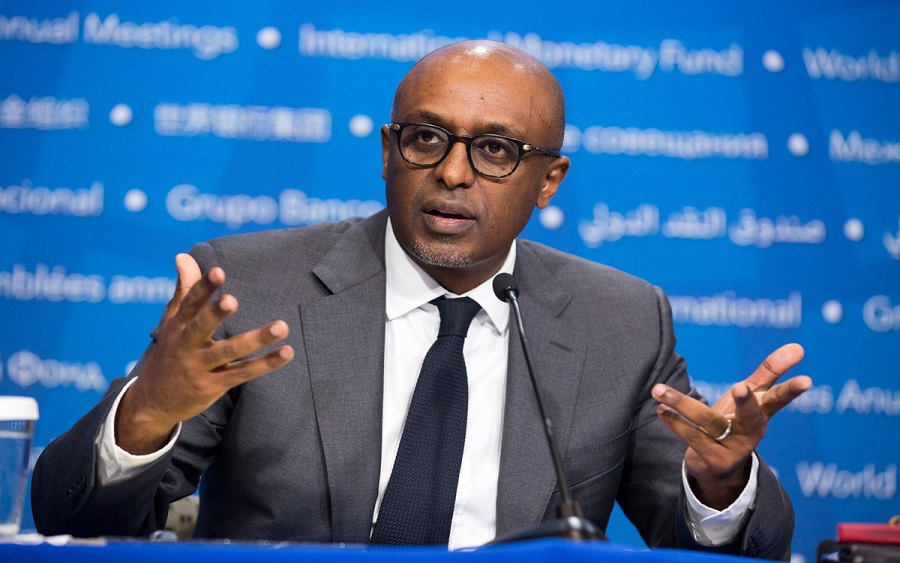The International Monetary Fund (IMF) has supported the Federal Government over its controversial decision to shut its borders with some neighbouring countries over issues bordering on illegal trade.
The Director, African Department, IMF, Abebe Selassie, disclosed the Fund’s position at a media briefing on the sidelines of the World Bank/IMF Annual Meetings in Washington D.C.
On whether the closure negates the African Continental Free Trade Agreement (AfCFTA), he argued that although free trade is critical to the economic growth of the continent, it must be legal and in line with agreements.
[READ MORE: Nigeria will enjoy foreign investments before December, IMF predicts]
Selassie said, “On the border closure in Nigeria which has been impacting Benin and Niger, our understanding is that the action reflects concerns about smuggling that has been taking place. It is about illegal trade, which is not what you want to facilitate.”
He added that the IMF was hoping for a speedy resolution of the issues as the action was already taking a toll on the economies of the country’s neighbours.
“We are very hopeful that discussions will resolve the challenges that this illegal trade is posing. If the border closure is to be sustained for a long time, it will definitely have an impact on Benin and Niger which, of course, rely quite extensively on the big brother next door,’’ he said.

On Wednesday, the Minister of Finance, Budget and National Planning, Mrs Zainab Ahmed, said the borders were closed to curb illegal trading activities by Nigeria’s neighbours.
Ahmed said the closure would remain in force until the country secured the commitment of its neighbours to trade agreements and treaties signed with them.
Meanwhile, the IMF director said the AfCFTA was one of the most exciting policy developments in the region in recent months.
Selassie said analyses by the Fund showed that the initiative had a “tremendous potential to facilitate higher economic growth’’.
Selassie said the “hard task’’ before African nations were making sure the AfCFTA was fully implemented “to facilitate the trade that we need to see between countries in the region’’.
The IMF director also commented on the continent’s high debt burden, especially from China, resulting largely from borrowing to balance budget deficits.
[READ ALSO: IMF: Increase tax rate to manage fiscal crisis?]
He explained that the Fund was not particularly wary of China, which he said “has been a very important development partner for many countries in sub-Saharan Africa’’.
“There are some counties that have borrowed extensively, and this is not just from China but from all other sources of financing either through Euro bond, domestic markets or other sources of capital.
“Yes, there are countries that have borrowed beyond what they can quickly pay, but it is important that we get this story straight. China has been a very important partner for many countries and remains so. Our concern really is more about overall debt level, not just about debt but some other things,” he said.























